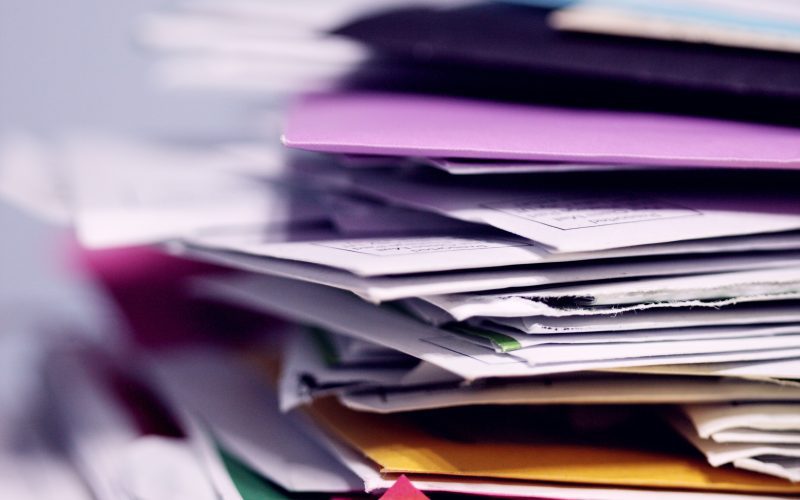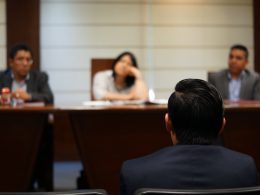Introduction
Access to justice is a fundamental right that every individual should have, regardless of their social status or financial means. Unfortunately, this is not the case for many people around the world who face barriers in accessing legal resources. The issue of inequitable access to legal resources can be complex and multifaceted, but it’s crucial that we address it head-on. In this blog post, we’ll explore some collaborative efforts being made to tackle this problem and how you can get involved in ensuring justice for all.
The problem: Inequitable access to legal resources
The justice system is meant to be accessible to all, regardless of their financial or social status. However, the reality is that not everyone has equal access to legal resources. This creates an imbalance in power and can lead to unfair outcomes for those who do not have the means to hire a lawyer.
One of the biggest barriers to accessing legal resources is cost. Hiring a lawyer can be prohibitively expensive, especially for low-income individuals and families. This leaves many people without representation in court or unable to pursue legal action when they are wronged.
Another issue with inequitable access to legal resources is language barriers. Many individuals whose first language isn’t English struggle with navigating complicated legal systems or understanding complex documents and forms required by law.
Furthermore, there are also geographical limitations that impact access as rural areas may lack lawyers qualified for handling certain cases or even just adequate internet connectivity needed for video consultations with attorneys.
Inequitable access undermines trust in our justice system and reinforces systemic inequalities faced by marginalized communities. It’s time we address this problem head-on through collaborative efforts among stakeholders including government officials, bar associations, civil society organizations as well as technological advancements in online dispute resolution platforms that could help increase accessibility at lower costs while ensuring fairness and transparency.
Collaborative efforts to address the issue
One of the most promising ways to address inequities in access to legal resources is through collaborative efforts. This means bringing together different stakeholders, including government agencies, civil society organizations, lawyers, and even technology companies.
In recent years, there have been several examples of successful collaborations aimed at improving access to justice for all. For instance, some governments have partnered with civil society groups to provide legal aid services in rural areas or low-income communities. Other collaborations involve using technology such as mobile apps or online platforms to connect people with legal information and advice.
Collaborations can also take place among legal professionals themselves. For example, some law firms offer pro bono services to clients who cannot afford their fees. Others participate in clinics or workshops organized by universities or bar associations that aim to educate people about their rights and responsibilities under the law.
Ultimately, collaborative efforts are important because they recognize that addressing issues like inequitable access to legal resources requires a collective effort rather than individual action alone. By working together across sectors and disciplines, we can achieve greater impact and create lasting change for those who need it most.
Conclusion
Access to legal resources is a fundamental right that every individual deserves. Addressing inequities in access to these resources should be a priority for all of us. Collaborative efforts between organizations and individuals have the potential to create real change and ensure that justice is not only available but accessible to everyone regardless of their background or socioeconomic status.
We must continue advocating for policies aimed at ensuring equitable distribution of legal resources; support initiatives promoting education and awareness on legal matters, especially among underserved communities; and work towards improving existing systems that limit access to justice.
By taking collective action, we can create a more just society where everyone has equal opportunities when facing legal issues. Together, let’s strive for Justice For All!











